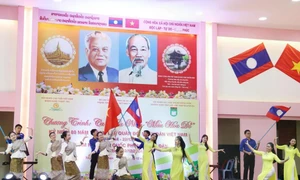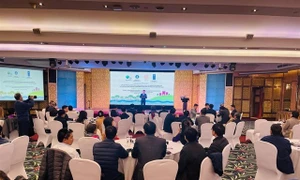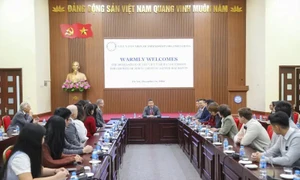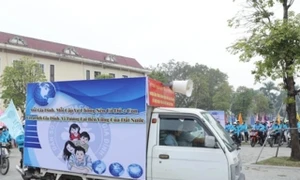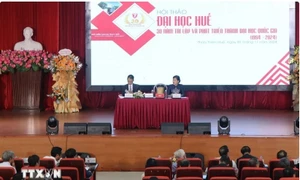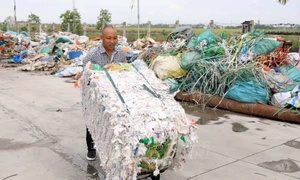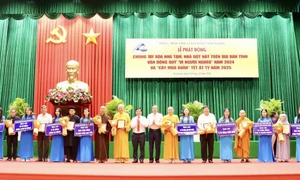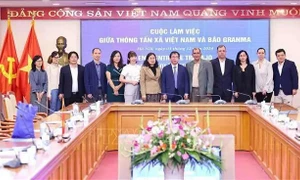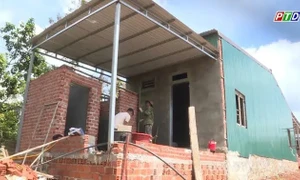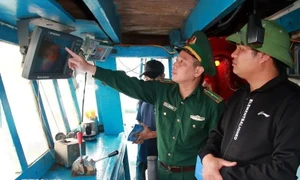
The information was revealed at a seminar held in Can Tho city on August 21.
Nguyen Thi Hoang Yen, deputy director of the department, said the project aims to raise the proportion of trained labourers in the region to 25%.
It will provide training for rural workers, employees working in enterprises, business establishments, cooperatives, cooperative groups and agricultural farms as well as those engaged in training institutions; vocational training institutions and employment service units of 13 provinces in the Mekong Delta, thereby meeting the demand of the domestic and international labour markets, as well as agricultural production which adapts to climate change, and contributing to improving productivity and income for rural labourers in the region.
To this end, relevant agencies of ministries and sectors will coordinate with localities in devising plans for the dissemination of information about vocational training, career counseling and entrepreneurship for rural workers; and develop curricula, learning materials and training equipment to help rural workers switch to new jobs. Vocational training institutions will be required to diversify forms of vocational training and apply information technology in training to increase access to and improve knowledge for these workers.
Participants at the seminar suggested that attention should be paid to expanding training for people in localities to create a professional workforce in many fields of agricultural production.
They also underlined the need to enhance knowledge and skills relating to the market, production and consumption of products in line with the value chains, adding that support levels should also be raised to encourage rural workers to participate in vocational training classes.
Nguyen Thi My Hung, Deputy Director of Dong Thap province’s Sub-Department of Rural Development, said that there should be priority policies to motivate rural labourers to switch from agricultural production to non-agricultural sectors.
